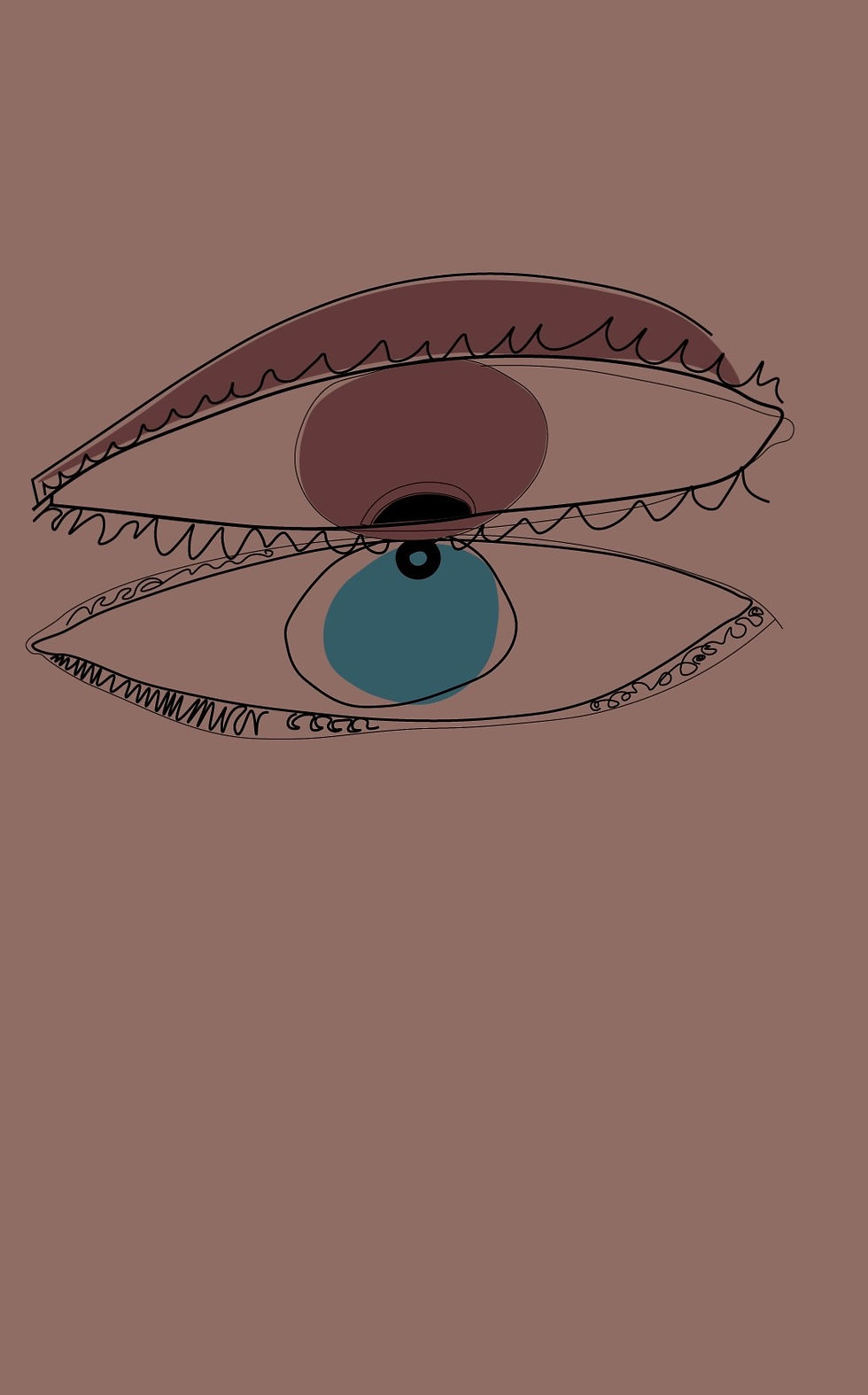The Truth About Normal
- Tavish Carduff

- Feb 8, 2023
- 5 min read
Updated: Nov 5, 2023
Modern human beings subsist in an ongoing effort to be perceived as ‘normal’, and we all endeavor to attain it or generally subscribe to it in one way or another, even if we also enjoy being different. It’s part of the landscape that we are born into, so we must look to our mentors and tormentors to find our modeled form. The specific beliefs of the people who taught us had/have a heavy influence on our individual concepts of normal. Since we each have multiple mentors, it makes sense that the differences in their opinions make it impossible to adopt a common connotation for normal, yet strangely, we continue to hold it up as an actual standard.
Want to read more?
Subscribe to ourrawmaterial.com to keep reading this exclusive post.




